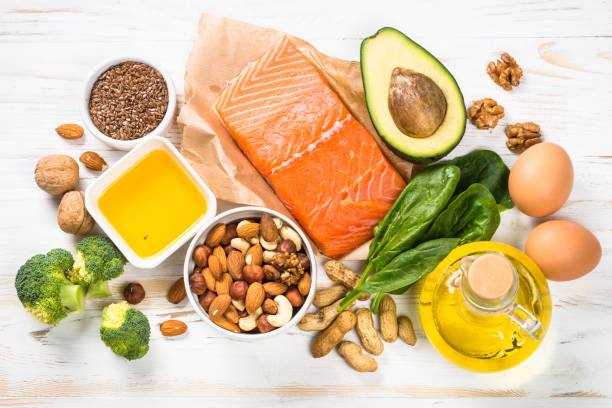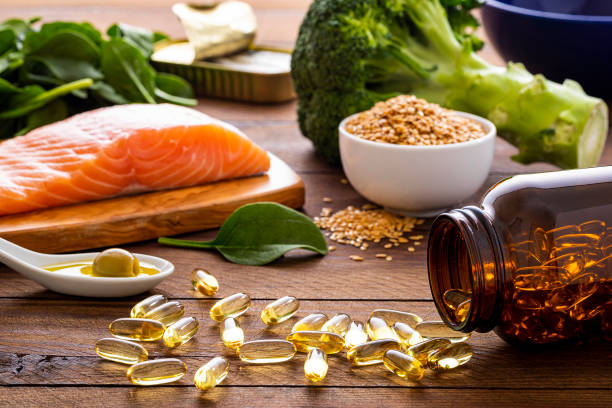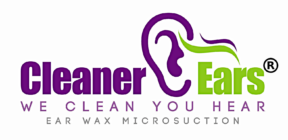Can Certain Foods or Diets Impact Earwax Production?
When it comes to earwax, most people think of it as a purely physical phenomenon—a waxy substance naturally produced by our ears to keep them clean and protected. But have you ever wondered if your diet could play a role in how much earwax you produce or its consistency? Let’s dive into this quirky yet informative topic to explore the potential connection between food, diets, and earwax.
What Is Earwax, and Why Do We Need It?
Before we talk about diet, let’s cover the basics. Earwax, or cerumen, is a natural secretion made by glands in the ear canal. Its purpose?
- Protection: Trapping dirt, dust, and bacteria to prevent them from reaching the eardrum.
- Lubrication: Keeping the ear canal from becoming dry or itchy.
- Cleaning: Naturally migrating out of the ear canal, taking debris with it.
Earwax comes in two main types:
- Wet Earwax: Sticky and yellowish-brown, more common in people of African and European descent.
- Dry Earwax: Flaky and grayish, more common in people of Asian descent.
Now, let’s look at whether what you eat could affect this process.
Can Diet Influence Earwax Production?
While there’s no definitive scientific study that says “Eat this to make less earwax”, some evidence suggests that diet can influence your overall health—including the health of your ears. Here are a few potential links:
1. Fats and Oils
Earwax contains lipids (fats), which contribute to its texture and moisture. Diets high in fats might theoretically impact the consistency of your earwax.
- Omega-3 Fatty Acids: Found in fish, nuts, and seeds, omega-3s are known for their anti-inflammatory properties and might help regulate the glands that produce earwax.
- Saturated Fats: Excessive consumption of greasy or fried foods may lead to thicker earwax.
2. Hydration Levels
Dehydration can affect all bodily secretions, including earwax. If you’re not drinking enough water, your earwax might become drier and harder to expel.
3. Sugary and Processed Foods
High sugar and processed food diets are linked to inflammation and overactive glandular secretions in some cases. This could potentially increase earwax production, especially in individuals prone to wax build-up.
4. Allergies and Dairy
For some, consuming dairy or allergenic foods can lead to increased mucus production in the body. While this doesn’t directly affect earwax, the sinuses, and Eustachian tubes (which connect the ears to the throat) might get clogged, indirectly impacting ear health.



Foods That May Promote Ear Health
1. Vitamin A-Rich Foods
Vitamin A supports skin health, including the skin lining your ear canal.
- Sources: Carrots, sweet potatoes, spinach, and bell peppers.
2. Zinc-Rich Foods
Zinc supports immune function and may help prevent ear infections.
- Sources: Shellfish, beans, nuts, and whole grains.
3. Magnesium-Rich Foods
Magnesium helps with blood circulation, which is essential for ear health and hearing.
- Sources: Dark chocolate, avocados, bananas, and leafy greens.
4. Antioxidant-Rich Foods
Antioxidants combat inflammation and may promote healthier earwax production.
- Sources: Blueberries, oranges, green tea, and nuts.
5. Hydrating Foods
Staying hydrated ensures your earwax remains soft and manageable.
- Sources: Cucumbers, watermelon, celery, and other water-rich fruits and vegetables.
Can Certain Foods Reduce Earwax Build-Up?
While no food can directly “melt away” earwax, maintaining a healthy diet can support your overall ear health. Avoiding foods that contribute to inflammation (like excessive sugar and trans fats) and including nutrient-dense options can make a difference.
Should You Change Your Diet to Manage Earwax?
If you’re struggling with earwax issues, it’s worth considering if your diet is contributing. However, it’s also essential to:
- Avoid using cotton swabs, which can push wax further in.
- Consult a professional if you suspect earwax build-up.
You can book an appointment with Cleaner Ears for expert advice and treatment.
Fun Facts About Earwax and Diet
- People with dry earwax tend to have fewer body odors due to genetic differences.
- Eating garlic and onions, rich in sulfur compounds, might influence body secretions, but there’s no direct evidence linking them to earwax.
- Chewing food, especially crunchy items like carrots or apples, can help dislodge earwax naturally due to jaw movement.
Conclusion
While the link between diet and earwax production is still being explored, maintaining a healthy diet can positively impact your ear health. If you’re experiencing earwax build-up, don’t hesitate to reach out to the experts at Cleaner Ears for professional removal.
With proper care, balanced nutrition, and professional support, your ears can stay healthy and comfortable—ready to hear the world in all its quirky glory!
